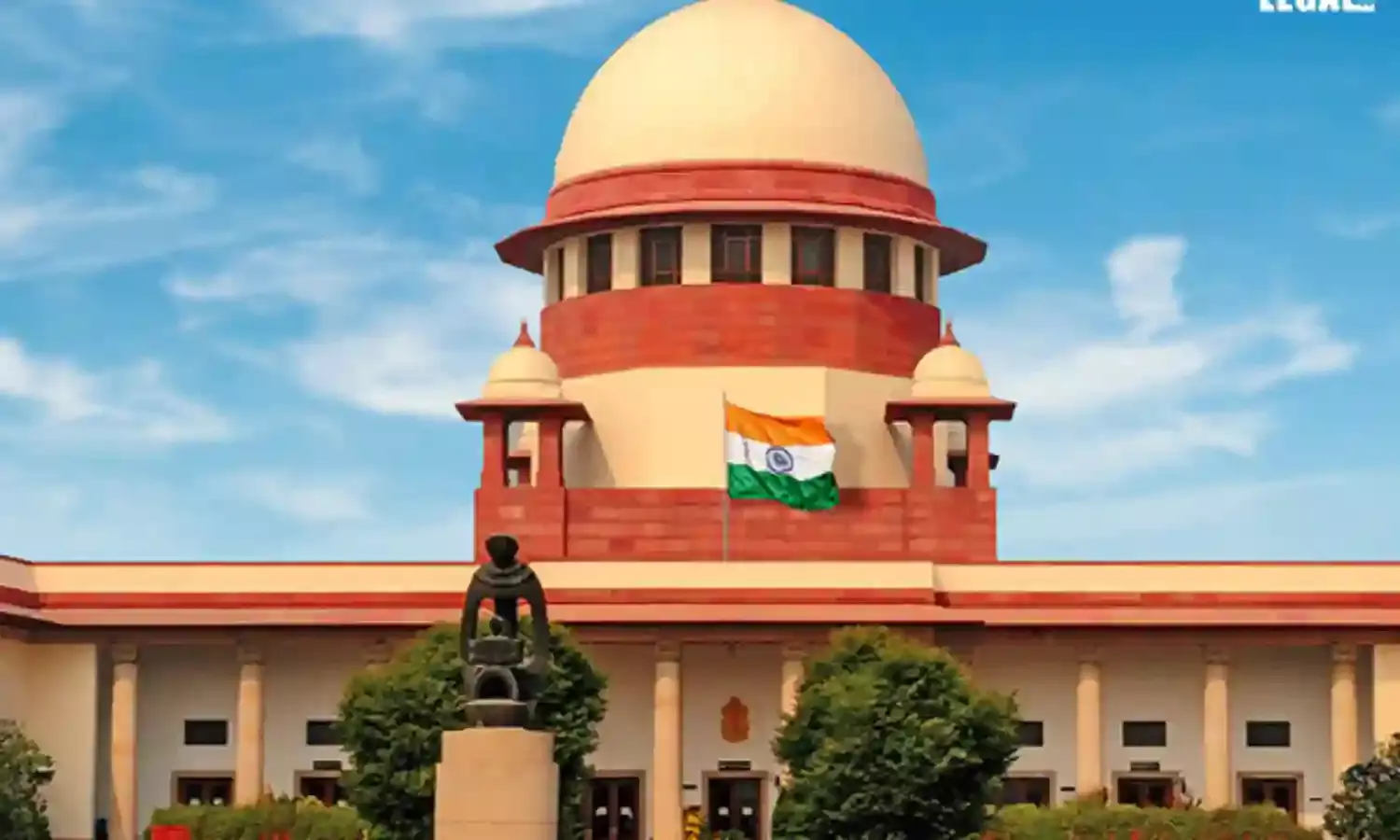Supreme Court Emphasises Holistic Assessment of Sale Deeds for Transaction Nature
The Supreme Court has noted that the inclusion of the phrase 'ta khubzul badlain' in a sale deed alone may not conclusively;

Supreme Court Emphasises Holistic Assessment of Sale Deeds for Transaction Nature
The Supreme Court has noted that the inclusion of the phrase 'ta khubzul badlain' in a sale deed alone may not conclusively establish the genuine character of the transaction.
The bench of Justices Abhay S Oka and Rajesh Bindal emphasised the significance of a specific recital in the Sale Deed indicating the transfer of title and possession to the seller, highlighting that such details cannot be disregarded.
In this particular case, the plaintiff's argument revolved around the assertion that the defendant had executed a duly registered Sale Deed on February 4, 1963, in favour of the plaintiff, with consideration of ₹10,000. However, the defendant countered in the written statement that the Sale Deed did not affect an absolute sale.
According to the defendant, out of the total consideration of ₹10,000, the plaintiff had agreed to allocate ₹6,875 for the purpose of redeeming the 10 mortgages established by the defendant. The remaining sum of ₹3,125 was intended to be paid upon the exchange of equivalents (referred to as "ta khubzul badlain").
The Trial Court initially granted a decree in favour of the plaintiff. Subsequently, the First Appellate Court entertained the defendant's appeal and upheld it, a decision that was subsequently affirmed by the High Court.
Before the Supreme Court, the plaintiff argued that upon the execution of the Sale Deed, the rights, title, and interests of the first defendant concerning the property in question were conveyed to the plaintiff. Conversely, the defendant contended that the custom of "ta khubzul badlain" in Bihar recognises that a properly executed Sale Deed does not immediately effect a transfer ("transfer in praesenti"), but rather defers the actual transfer of title from the moment of execution and registration of the deed to the point of equivalence exchange. In this scenario, the title based on the Sale Deed only vests in the purchaser after the complete amount has been settled by them.
Referring to the judgment in Janak Dulari & Anr. v. Kapildeo Rai & Anr. (2011) 6 SCC 555, the Court explained that typically, when a sale deed is executed and registered with details about consideration payment and possession transfer, the sale is considered complete even if the sale price remains unpaid. Consequently, cancelling the entire sale deed becomes implausible. However, an exception to this rule is the custom of "ta khubzul badlain." The mere inclusion of the term "ta khubzul badlain" in a sale deed is insufficient to definitively determine the actual nature of the transaction; it must not be interpreted in isolation. Instead, all the stipulations, terms, and statements within the document must collectively be analysed to ascertain the true essence of the transaction.
The Court observed that the present Sale Deed makes reference to multiple mortgages initiated by the first defendant to secure funds, and the statements within the deed suggest that the plaintiff had consented to assume responsibility for settling these loan obligations.
"But, there is a specific recital in the Sale Deed that the title and possession in the property has been passed to the plaintiff. These recitals regarding the transfer of title and possession are very crucial which cannot be brushed aside," the Bench said.
Considering the additional factual elements, the Bench granted the appeal and reinstated the judgment issued by the Trial Court.


